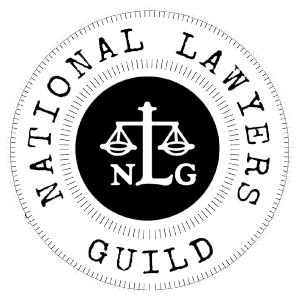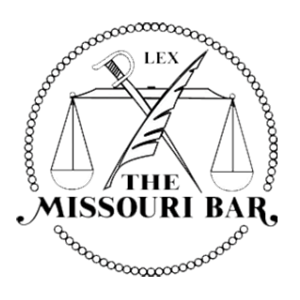





At Ott Law Firm, we zealously advocate for clients from all walks of life, dedicating ourselves to achieving justice and favorable outcomes. We employ cutting-edge technology, extensive litigation expertise, and a strategic vision tailored to each case to secure the best possible results for our clients. Our team is committed to excellence, relentlessly pursuing every avenue to ensure that our clients’ rights are protected and their voices heard.
Our dynamic legal practice is unwavering in its commitment to provide zealous advocacy for all. We work diligently to attain favorable outcomes in even the most challenging cases, striving relentlessly for constant victory. With a client-centered approach, we ensure that every individual receives personalized attention and a robust defense of their rights and interests.
Ott Law Firm is dedicated to delivering constant victory to our clients. We have secured top settlements in personal injury and workers’ compensation cases.
We also provide expert advice on cases involving:
Our firm adopts a structured approach to litigation to maximize case value while offering clients transparent insight into the decision-making process. We promise to provide the objective information you need to decide whether to settle or proceed to trial.
At Ott Law Firm, we apply an explicit decision analysis method to all cases from intake to resolution. By explaining our recommendations in a clear, fact-intensive manner, we earn respect and authority. We strive to gain our clients’ confidence by transparently indicating relevant strategic priorities.
Introducing CaseCast, the new Ott Law Firm podcast. We publish high-quality audio transcriptions of seminal Missouri case law, making it easier to prepare for hearings and delve deep into cases that may be too time-consuming to read thoroughly.
Book {service(mainservice)} Consultation

Attorney at Law

Clients choose The Law Offices of Ott Law Firm for family and immigration law in St. Louis, Missouri, because of our unwavering dedication to achieving justice and providing compassionate representation. Led by attorney Joseph A. Ott, our firm brings profound expertise in handling essential family law matters, such as divorce proceedings, child custody arrangements, and prenuptial agreements, along with comprehensive immigration law support. We approach each case with personal commitment, treating every client like family and standing by them through challenging times.
Whether you’re navigating the complexities of family law or seeking guidance through the immigration process, trust that we will advocate fiercely on your behalf to secure the best possible outcome. At Ott Law Firm, your case is personal to us, and we are dedicated to restoring your peace of mind.

Attorney at Law